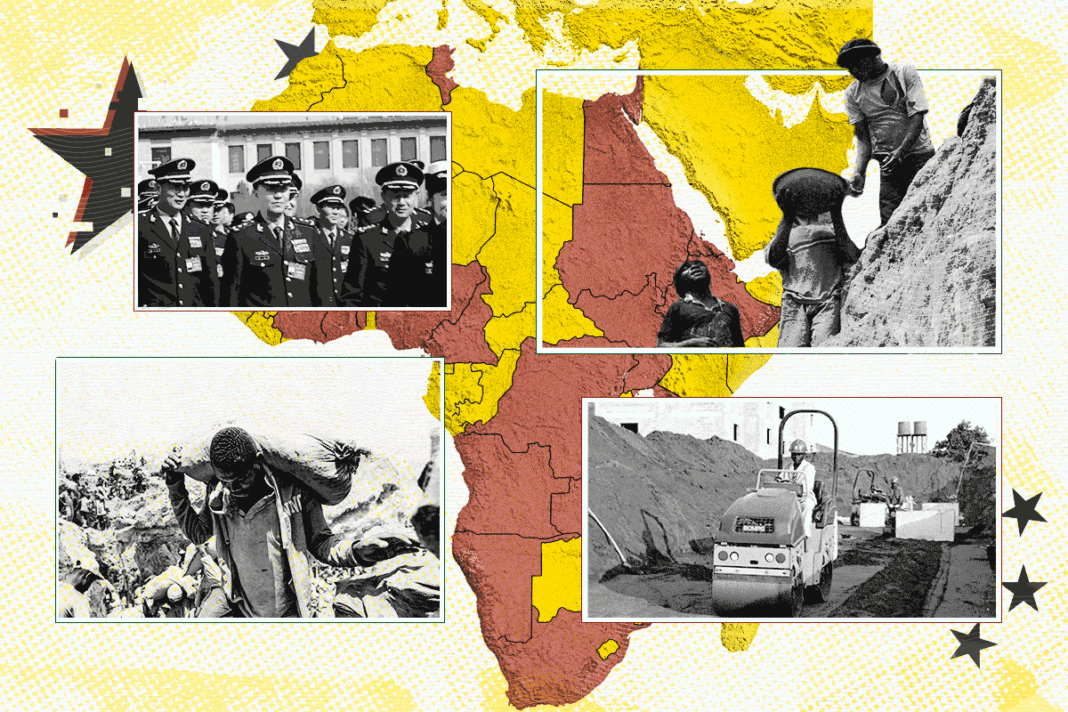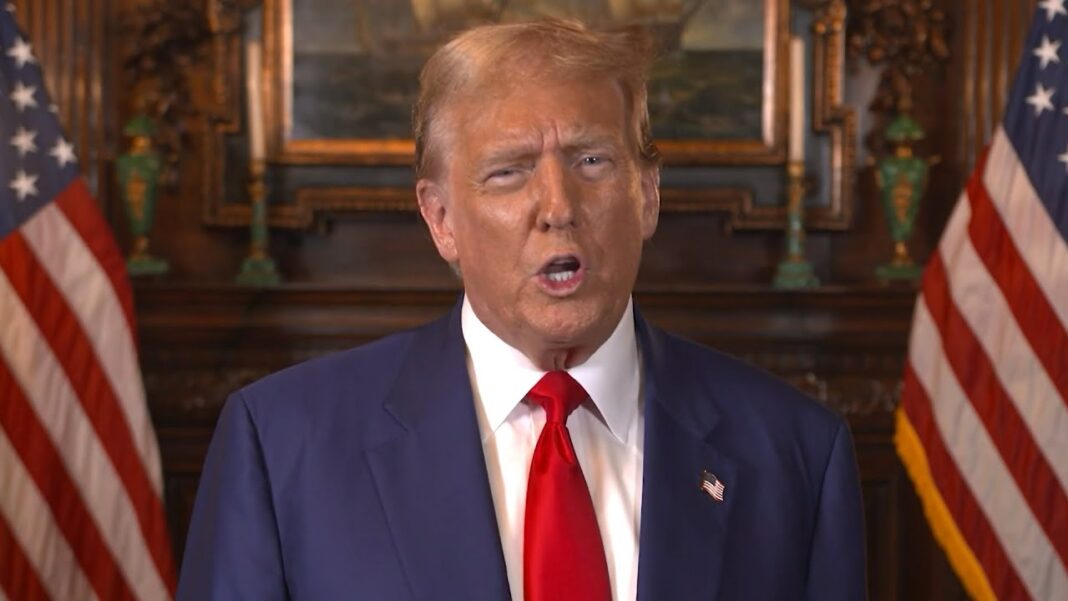China’s influence over the lives of Africa’s 1.5 billion people is now so broad it includes food production, resource mining, and military leadership schools.
JOHANNESBURG—China’s influence in and over the lives of Africa’s 1.5 billion people is now so broad that it extends into almost all aspects of African societies.
The communist regime’s footprint is stamped across the continent in almost all economic sectors, including agriculture, natural resources, and trade and logistics. Chinese companies are deeply invested in manufacturing, services, and real estate.
China now controls about 12 percent of Africa’s industrial output, about $500 billion annually, according to research by the Policy Center for the New South. Chinese companies have captured almost 50 percent of Africa’s contracted construction market.
The Chinese Communist Party (CCP) began cementing ties with Africa in the 1950s, by supplying the continent’s liberation movements with arms, money, and military and “political education.”
It has used this history as a basis from which to launch itself into the economies of modern-day Africa. Many of today’s African leaders either trained in China, or their fathers did so.
China’s desire to extract minerals often compels it to cement ties with Africa’s authoritarian regimes. In Zimbabwe, where the ZANU-PF government is accused of corruption and killing its opponents, China owns many of the country’s precious metals and minerals mines.
The CCP is also establishing itself as a significant military presence in Africa, holding regular training exercises with continental armies and navies.
In August 2023, the 96th anniversary of the founding of the Chinese People’s Liberation Army (PLA) was celebrated in almost every African nation.
China has established 61 Confucius Institutes in 46 African countries, education centers designed to counter Western ideals of democracy and to promote Chinese culture and language in Africa.
Beijing has built a “Leadership School” in Tanzania, where party officials instruct African leaders on anti-democratic ways of governance.
“China treats the education and training of foreign military personnel as an opportunity to promote China’s governance model to develop closer relationships with foreign militaries and governments and to build a shared understanding of security,” Paul Nantulya, research associate at the Africa Center for Strategic Studies, told The Epoch Times.









